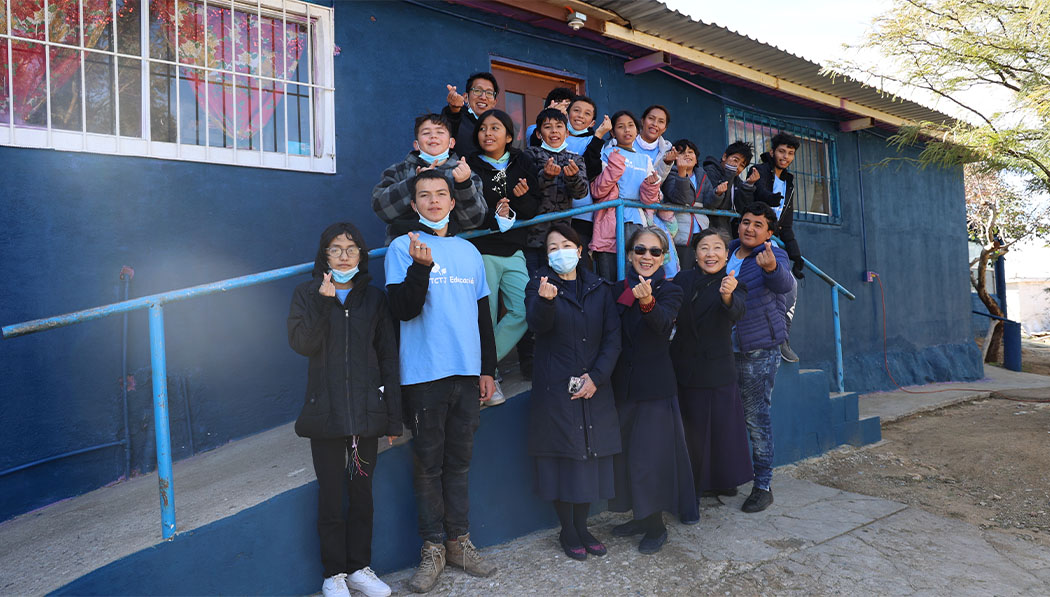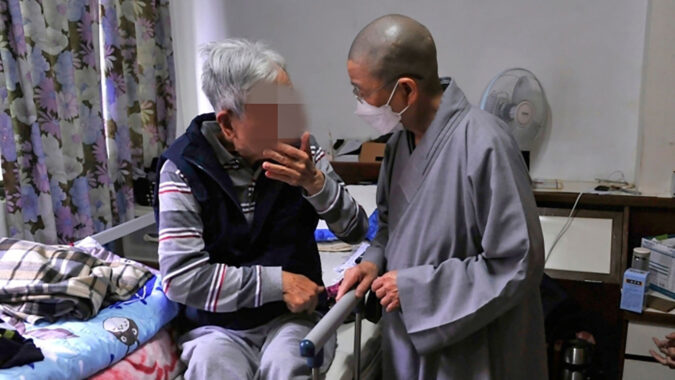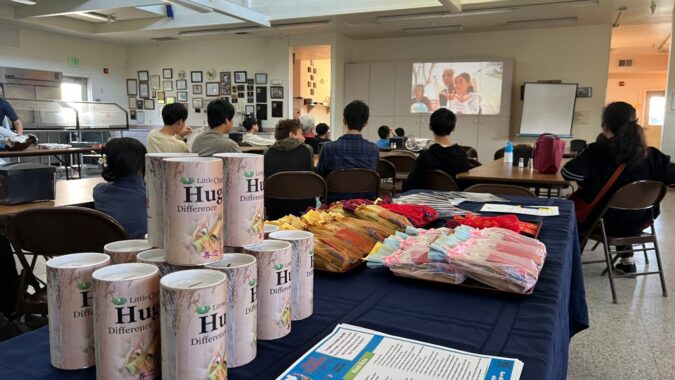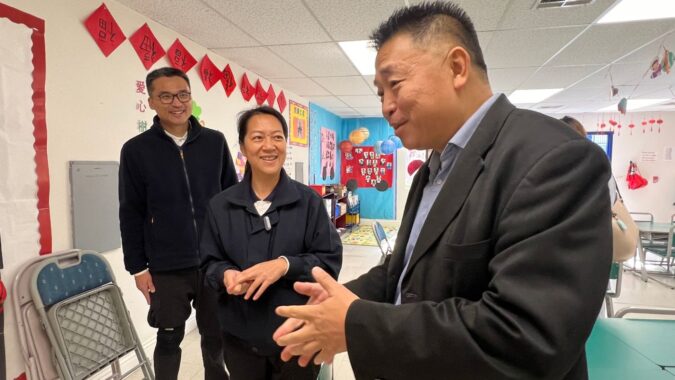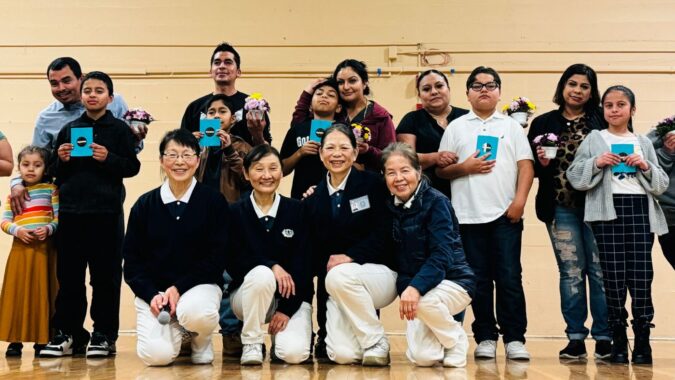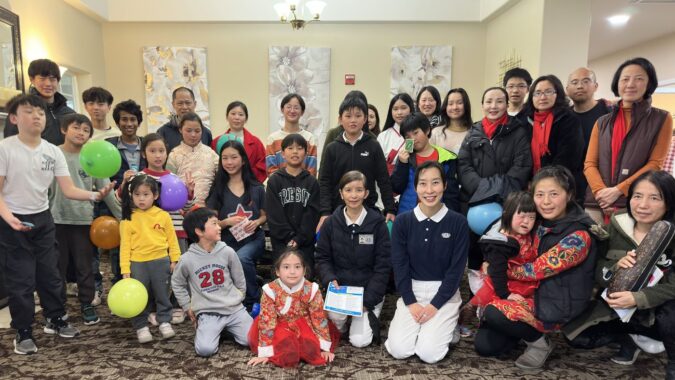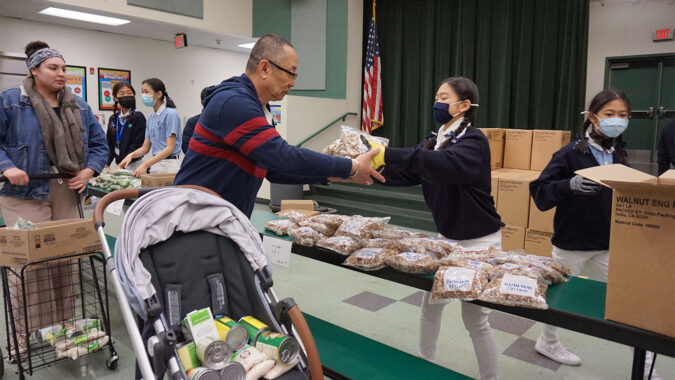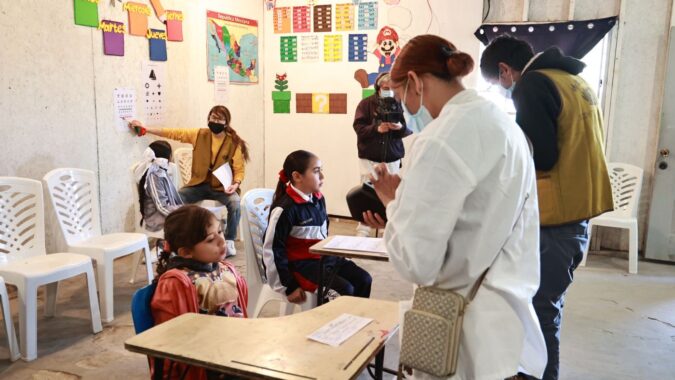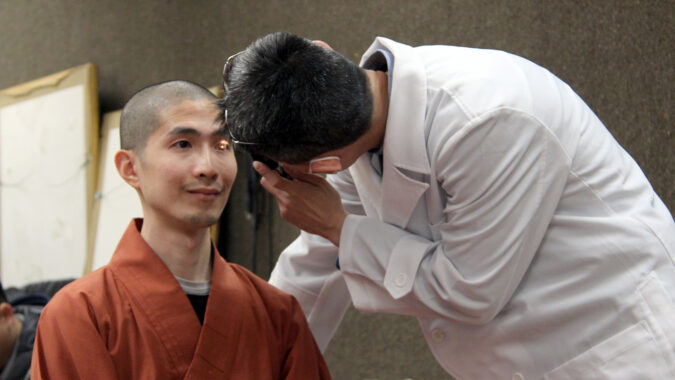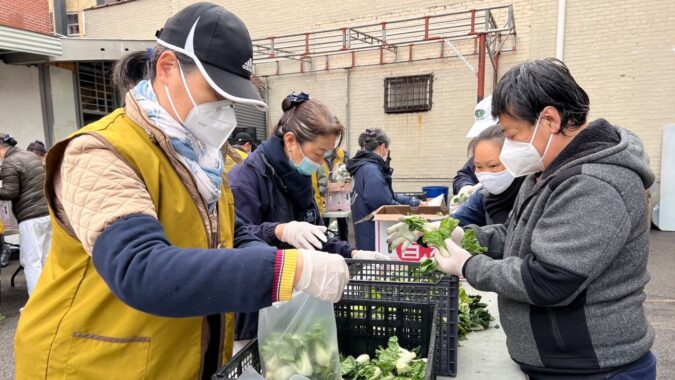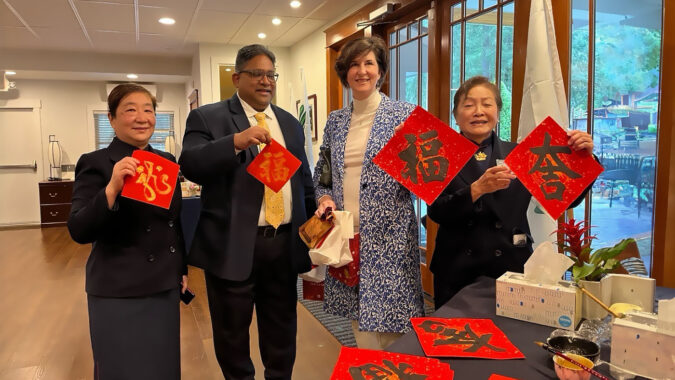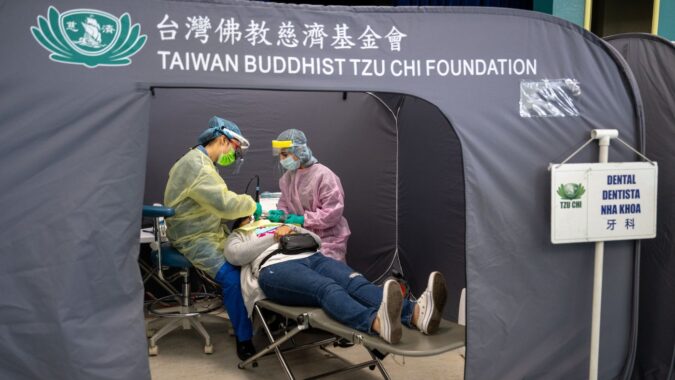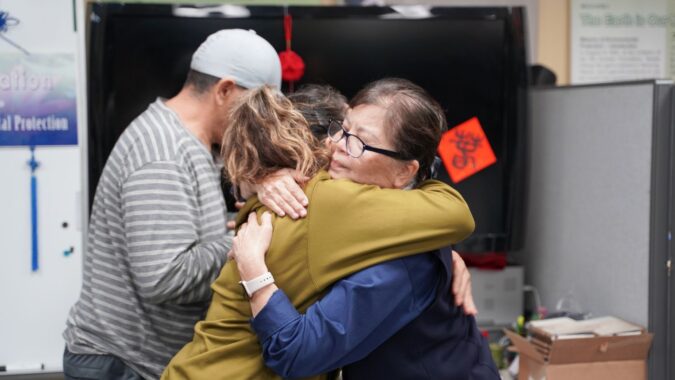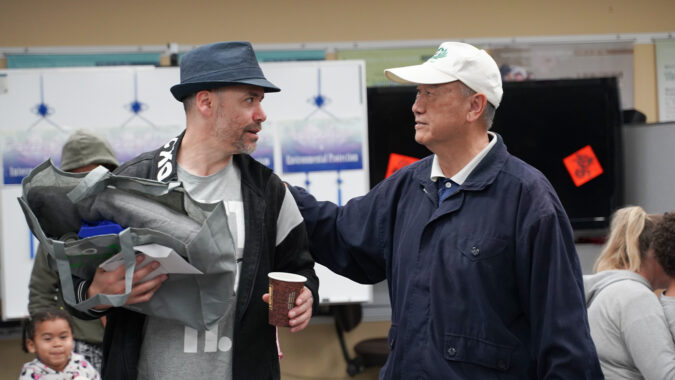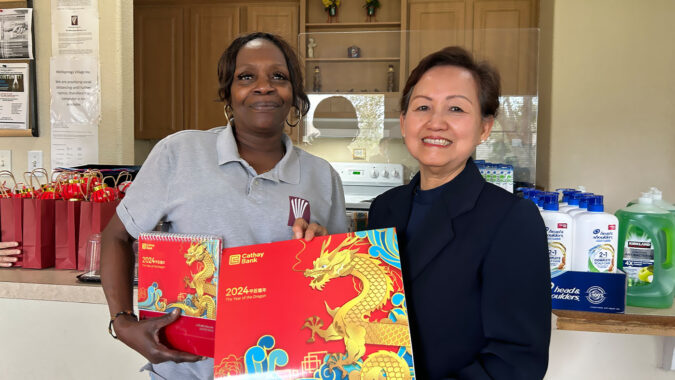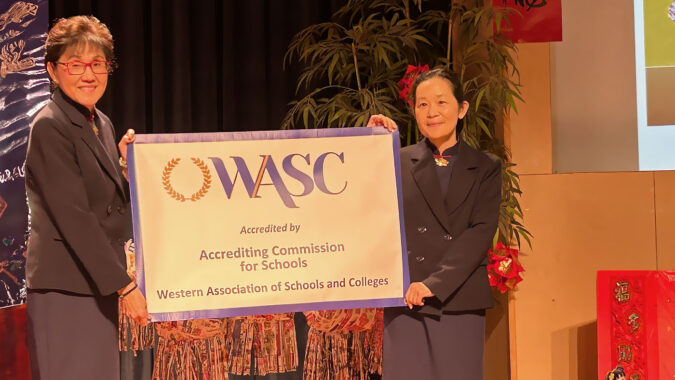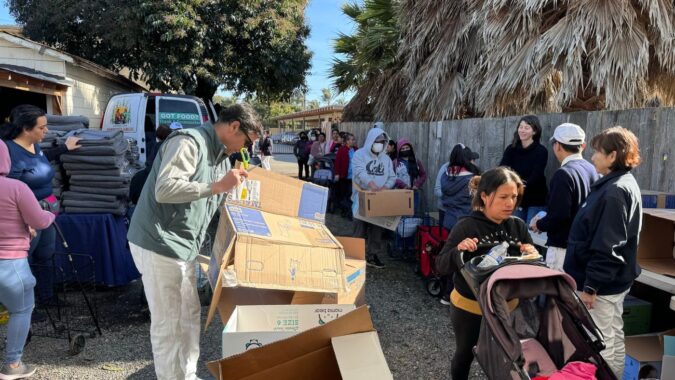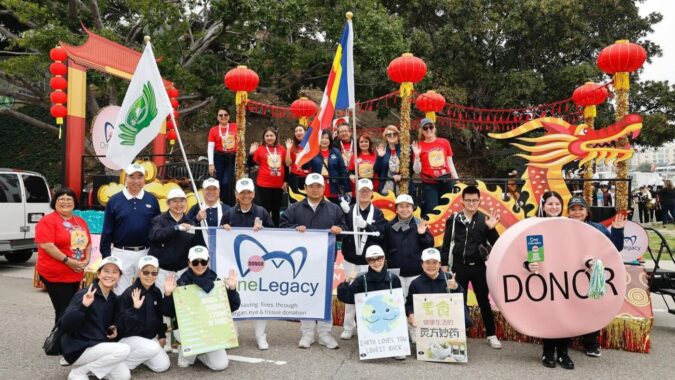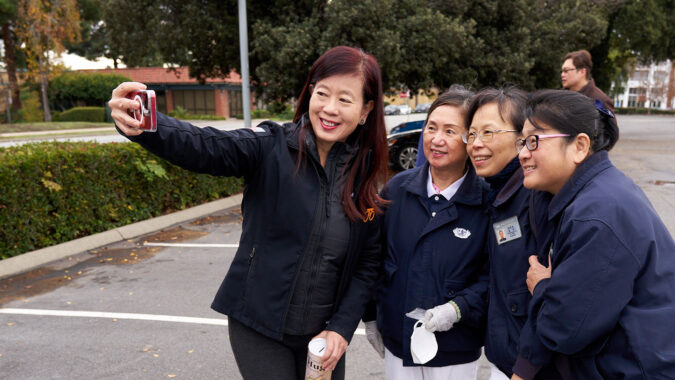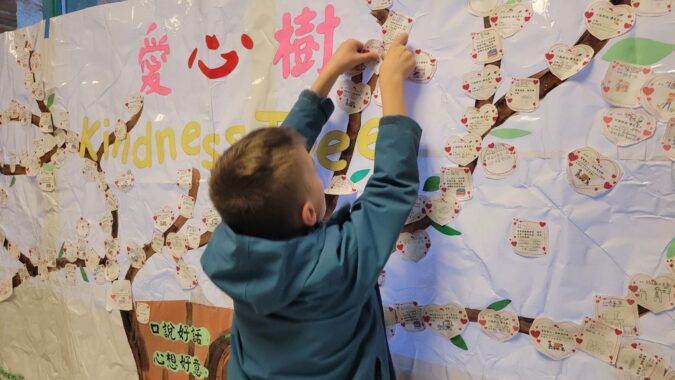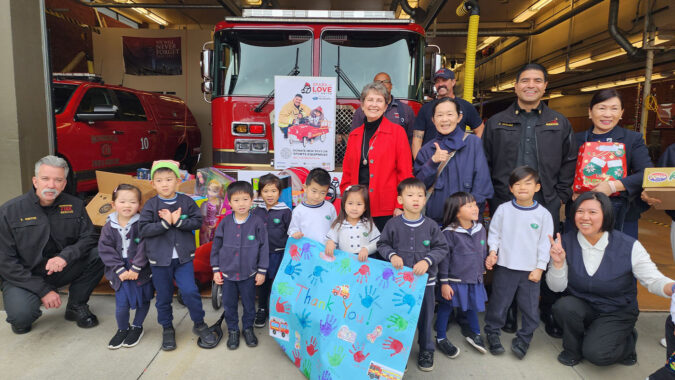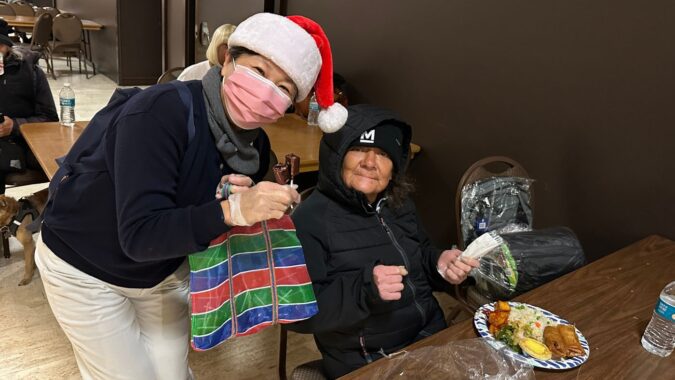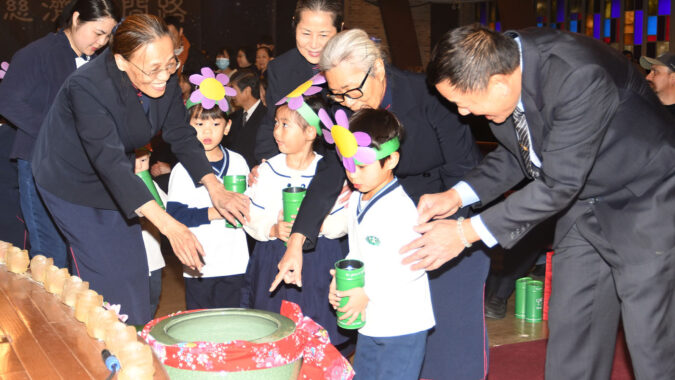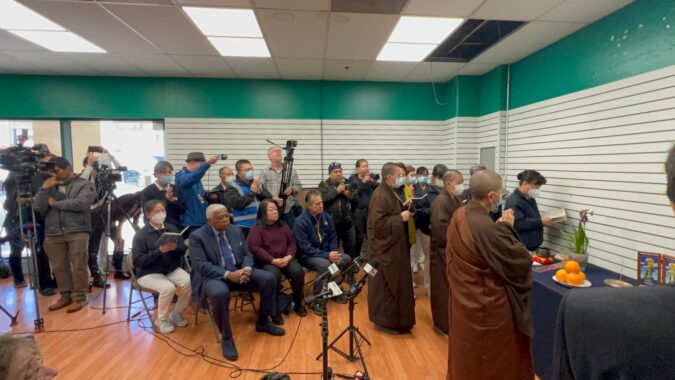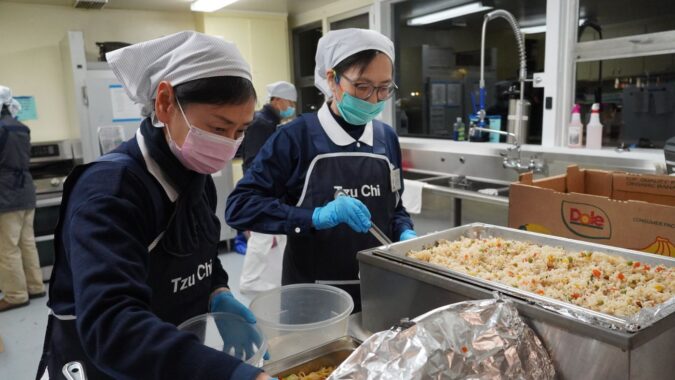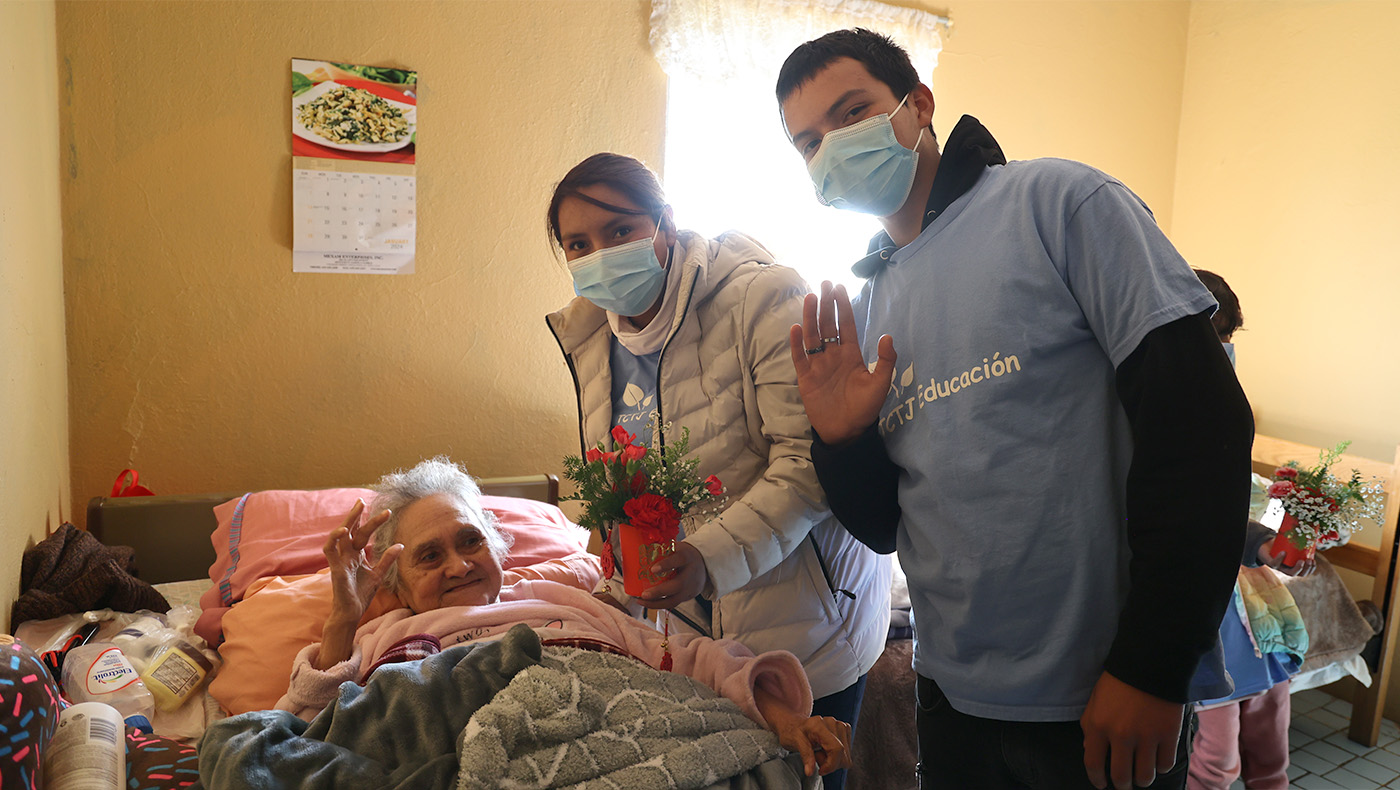
Written by Shuli Lo
Translated by H.B. Qin
Edited by Patrick McShane
Many children in Tijuana a city located on the border of Mexico and the U.S., lack access to formal education due to poverty, lack of proper identification papers, or family hardship. Official statistics from the Mexican government reveal that large segments of Tijuana’s population lack the education they need to compete in Mexico’s fast-growing economy. In 2020, 453,000 people, roughly 32.4% of the population of Tijuana, had a middle school education. Three hundred seventy-eight thousand people, 27% of the population, had a high school education or a General Baccalaureate, and 270,000 people, 19.3%, only had a primary school education. Residents with a college or above degree only account for 13.8% of people in Tijuana, posing a significant concern for the overall lack of education in the region.
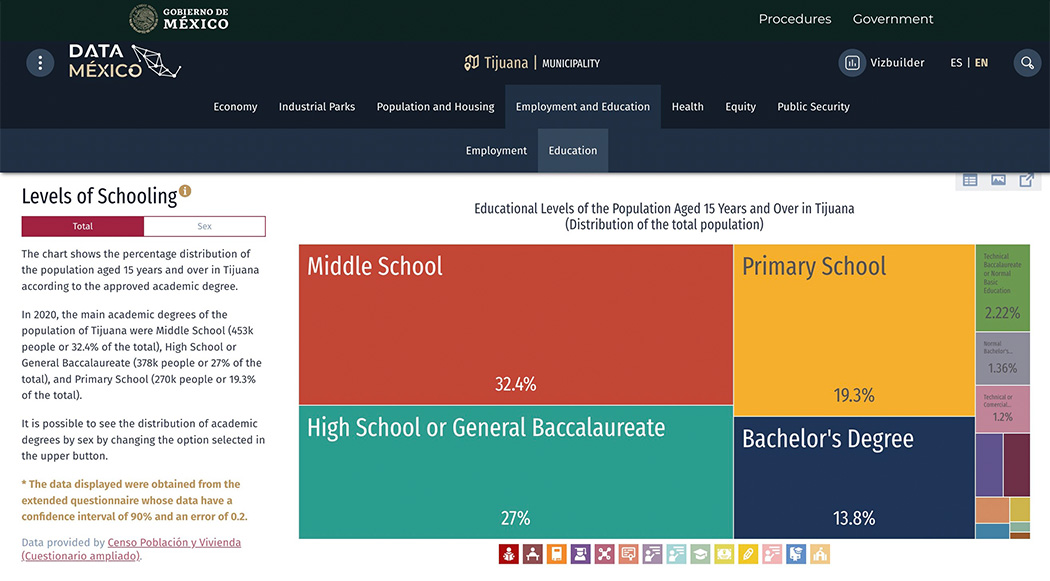
Children who are currently not enrolled in formal education face a challenging future and few avenues to escape the vicious cycle of poverty present in many Tijuana neighborhoods. Their lives are trapped, with little hope and few prospects for the future. Fortunately, mindful of the great need, Tzu Chi volunteers from the U.S. reached out to help.
With a strong desire to help people in need, volunteers decided to help turn the lives of the out-of-school children around.
Volunteers set up a Classroom of Hope at the Tzu Chi Tijuana Campus. This classroom enrolls out-of-school children for free and provides free lunches to ease their families’ burdens.
In the Classroom of Hope, the children must work hard to catch up on their schoolwork. Thankfully, they are helped by volunteers who work hand in hand with the teachers to arrange and plan Tzu Chi’s humanistic program carefully helps students reach grade level while also learning about kindness, compassion, joy, and equanimity, as well as the cultivation of an attitude of gratefulness, respect, and love in their lives. Every aspect of the program is actively planned to convey the concept of goodness so that the children can have a correct and positive outlook on life, expand their horizons, and envision a more complete future.
A Warm Revelation in the Flower Arrangement Class
On January 25, 2024, a group of volunteers left Los Angeles before dawn to make it to the 10:00 a.m. flower arrangement class at the Tijuana Classroom of Hope.
The volunteers had to arrive at 9:30 a.m. to prepare the classroom and flowers for the 60 students and parents. The volunteers traveled to downtown Los Angeles the day before to purchase flowers and prepare them for a memorable and meaningful experience for the students.
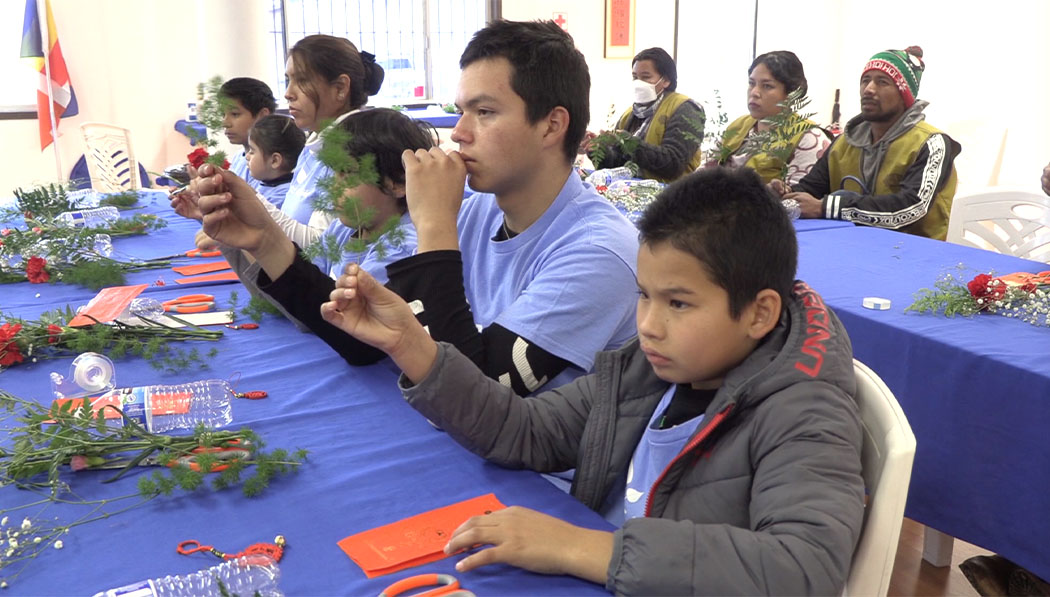
In a neighborhood where life is hard and the lack of food is the norm, teaching flower arrangements is almost a luxury. The purpose of the flower arrangement class is to give the students hope in life and to teach them that they can still find beauty and hope even amid hardship. Through arranging flowers, they learn that even though life is full of suffering, they still need to have the ability to feel the truth, goodness, and beauty of the world. As Tzu Chi’s flower arrangement teacher, Lingling Hsu, said, “Maybe it’s a little awkward that we come to this school to teach a flower arrangement class while the children do not have enough to eat, do not have enough to wear, and do not have full access to education. But we come here because the children live such a difficult life, and isn’t there hope? It’s beautiful to have dreams, and what we bring is to give them a beautiful dream.”
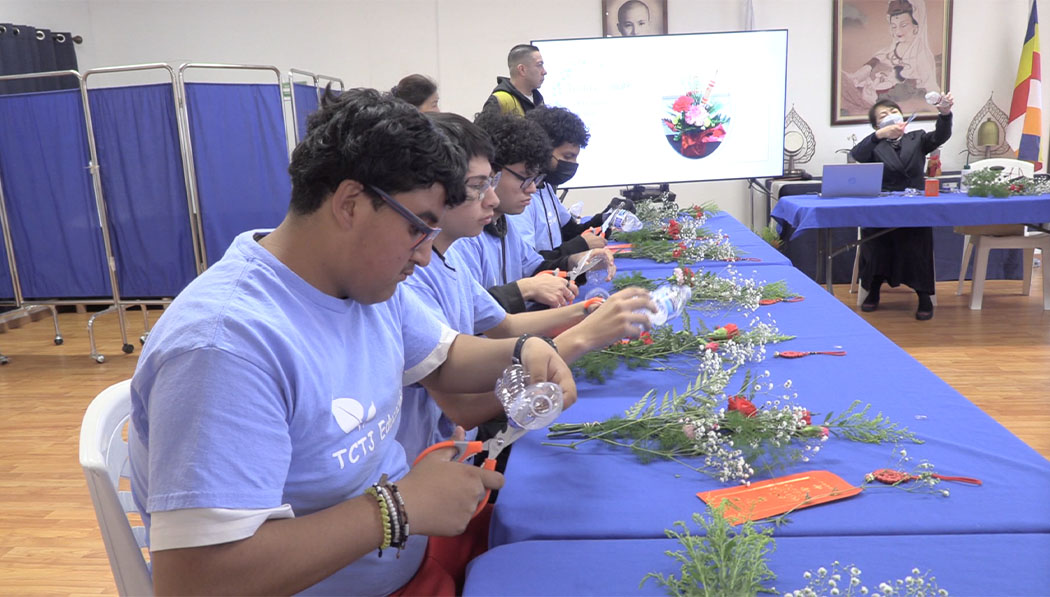
Burning garbage has become a severe problem in Tijuana. To help combat this terrible issue, volunteers carefully designed vases made from discarded plastic bottles to convey the concept of waste recycling and environmental protection. As the pots of flowers made by the children will be sent to a senior care facility the next day to brighten the day of residents without families, teachers and students meditated and gave thanks together before arranging the flowers. Meanwhile, as the Chinese New Year approaches, Lingling Hsu chose red carnations to represent maternal love; their color and meaning enliven New Year’s festivities and show love for elderly family members. Under the teacher’s guidance, the students completed the flower arrangement step by step. Gradually, pots of flowers stood on top of the desks, all incredibly beautiful. The students had never arranged flowers before and were all happy with their work.
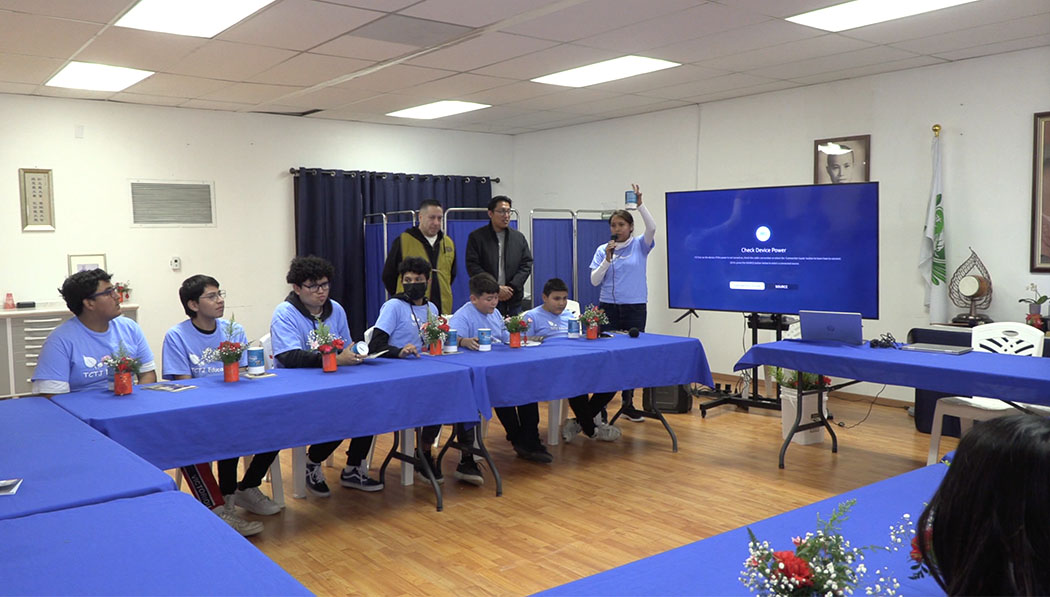
A student named Isaac looked at his flower arrangement and smiled happily. But behind this cheerful smile lies a precocious maturity. His father is a drug addict, and he lives with his uncle. Even though he’s fifteen, he only has a third-grade education and has been out of school for many years. He is a tall man and is always the first to raise his hand when teachers ask for volunteers because he doesn’t want others to experience the same helplessness that he felt before. He responds to the test of fate by helping others, saying, “I want to help others. There was a time when no one helped me. Hopefully, with my help, they can change.” Isaac is working at the Campus on a work-for-food basis, and everyone believes he will turn his life around in the campus’s stable learning and working atmosphere provided by the Campus.
Visiting Local Senior Citizens
The day after the flower arrangement class, Tzu Chi volunteers and students visited Casa Hogar La Rumorosa A.C., a private organization dedicated to the care and protection of local senior citizens. Its director, Marta Elena Mendoza, was grateful for Tzu Chi’s visit. She said, “The presence of the Tzu Chi Foundation members is great for our elderly people; you fill them with joy.”
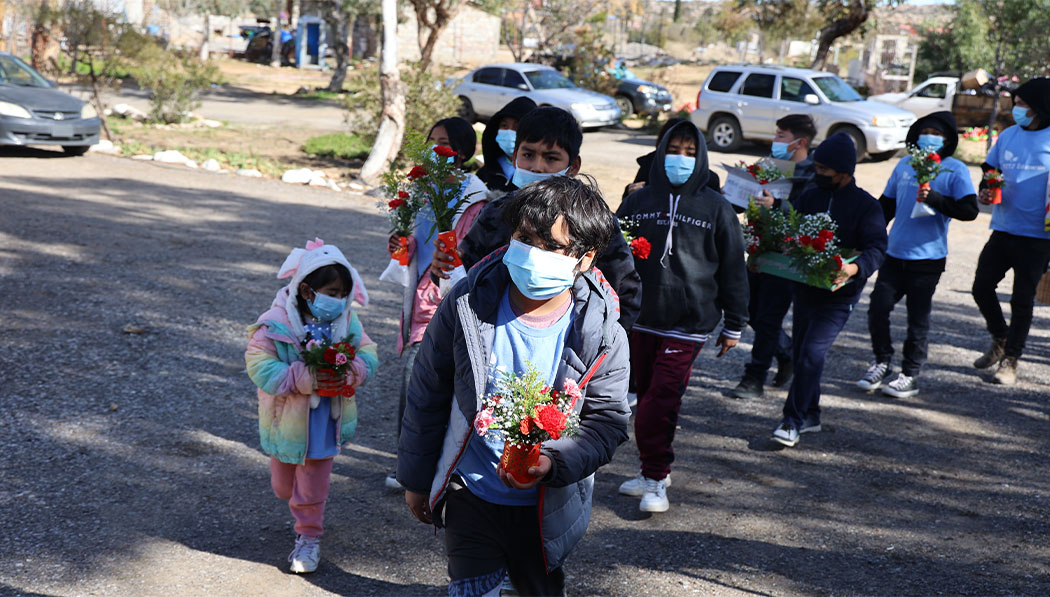
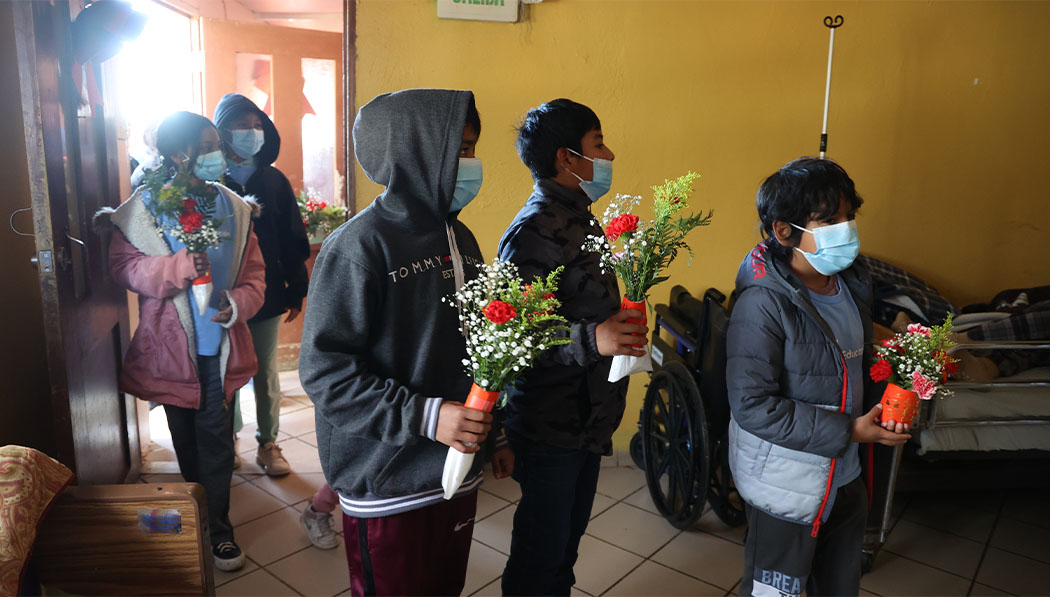
Due to the cold weather, the windows and doors of the center were closed tight. Volunteers and students were greeted with a strong medicinal smell as soon as they entered the room. They passed through a hall and arrived at a dimly lit room with a row of old sofas on each side of the wall. Some of the residents sat on the sofas, all sitting in anticipation of Tzu Chi’s arrival.
The arrival of the children suddenly vitalized and enlightened the residents. Their eyes lit up, and their faces were immediately filled with giant smiles. To the sound of light music, the children gave the residents the flowers they had carefully arranged the day before. The children sang songs, massaged those with achy muscles, and gave everyone big, heartfelt hugs. The vases of flowers brought color and vitality to the room. There was a happy and harmonious atmosphere, with laughter echoing off the walls!
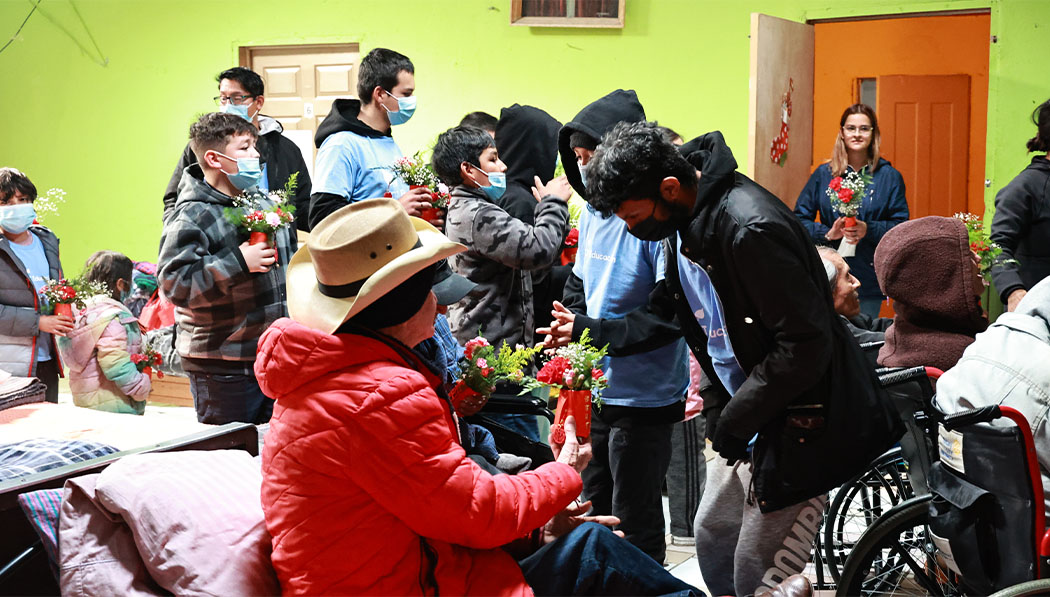
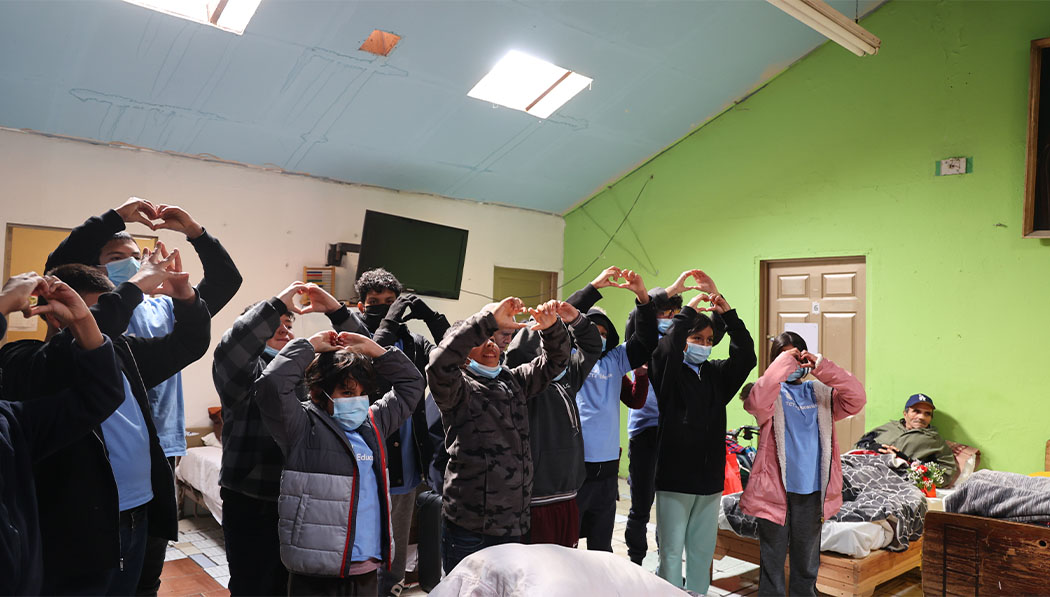
Ismead , a Tzu Chi’s Classroom of Hope graduate, felt some pain after he visited the senior center: “What I see here is that many families abandoned their fathers and mothers because the children have forgotten what their parents have done for them.” The children’s small hands, gently held in the more prominent residents’ grasp, sent warm care to the seniors. Everyone present could feel there was still love in this world, and there were still people willing to send warmth and smiles into every corner of the world.
It's a small gesture from us to care for them and send them flowers, but they will not feel lonely. These older adults have no family or place to live; fortunately, they can live in the elderly home. What the Tzu Chi Foundation is doing is allowing us to have a happy time with them.
Ismael, a Tzu Chi Classroom of Hope Graduate
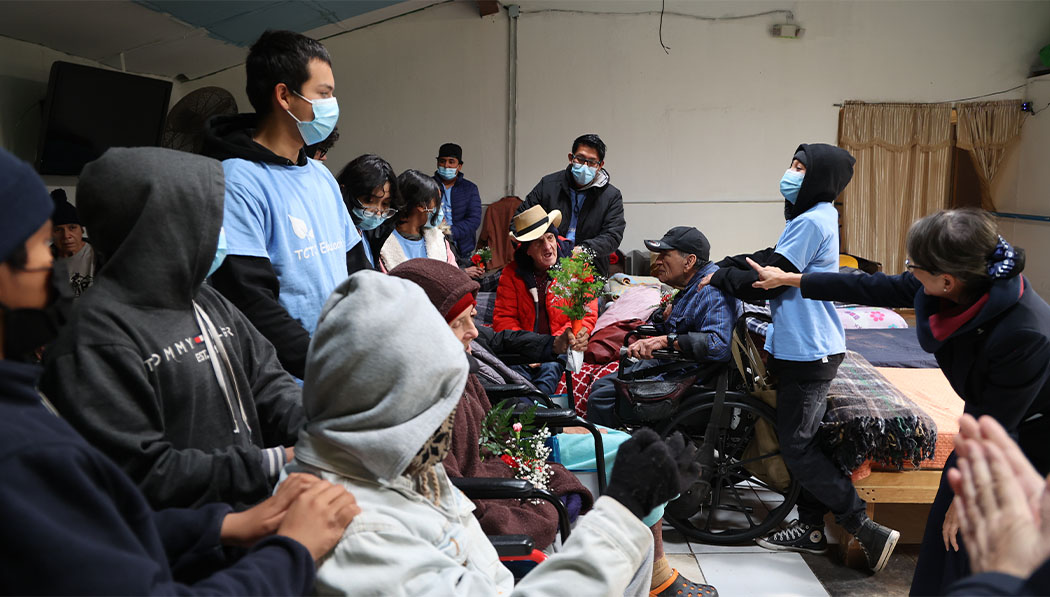
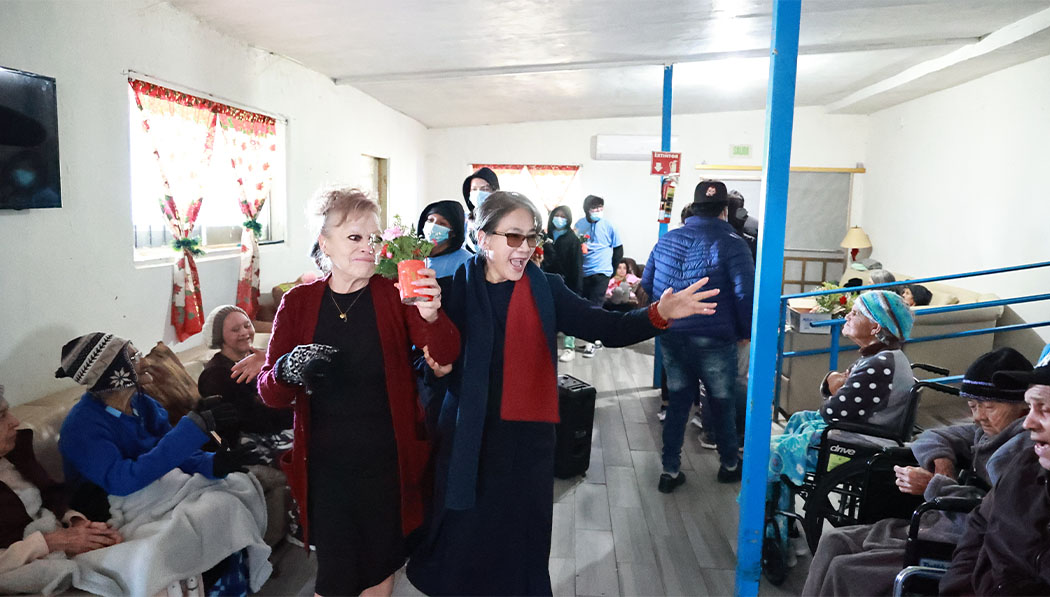
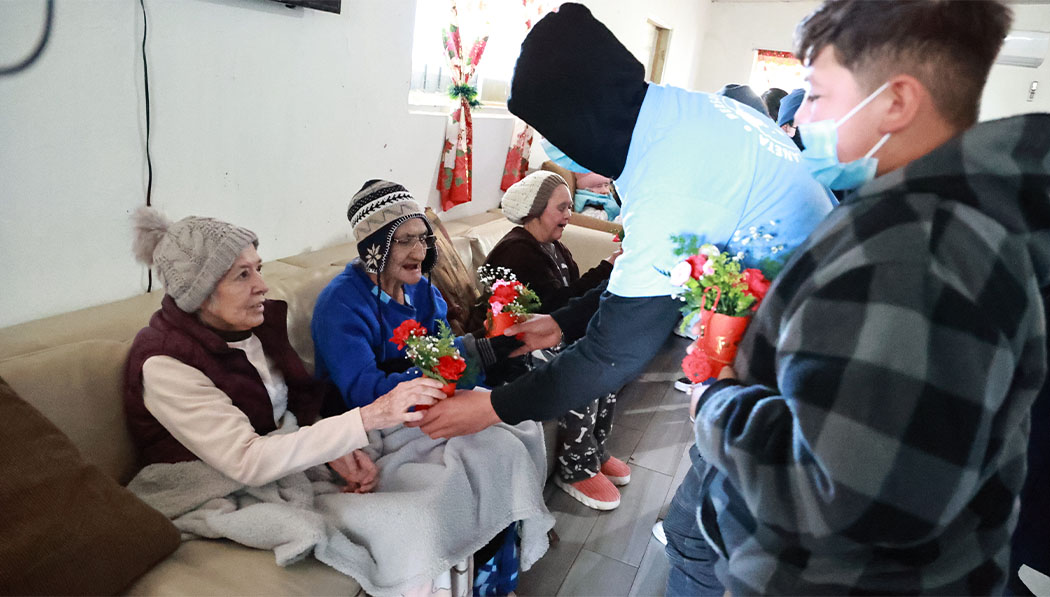
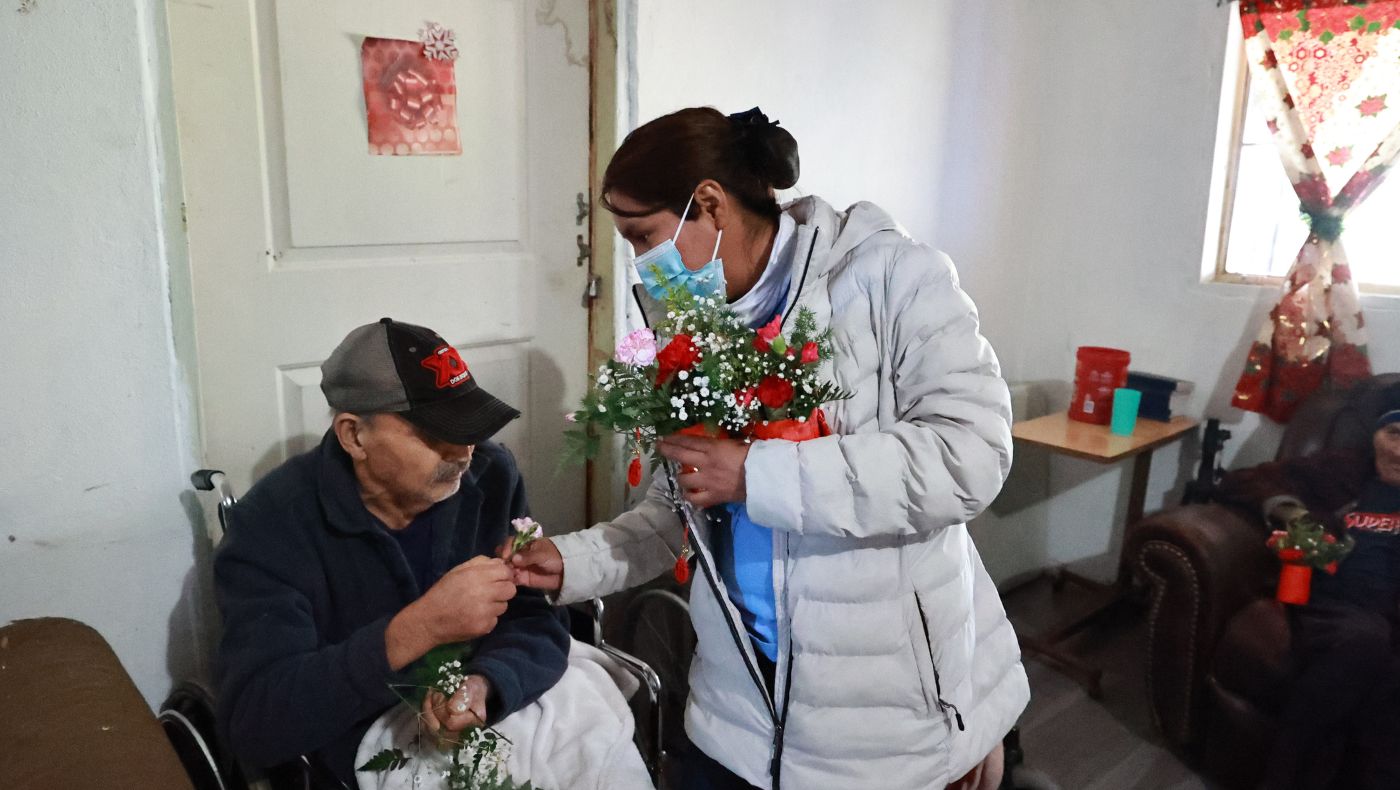
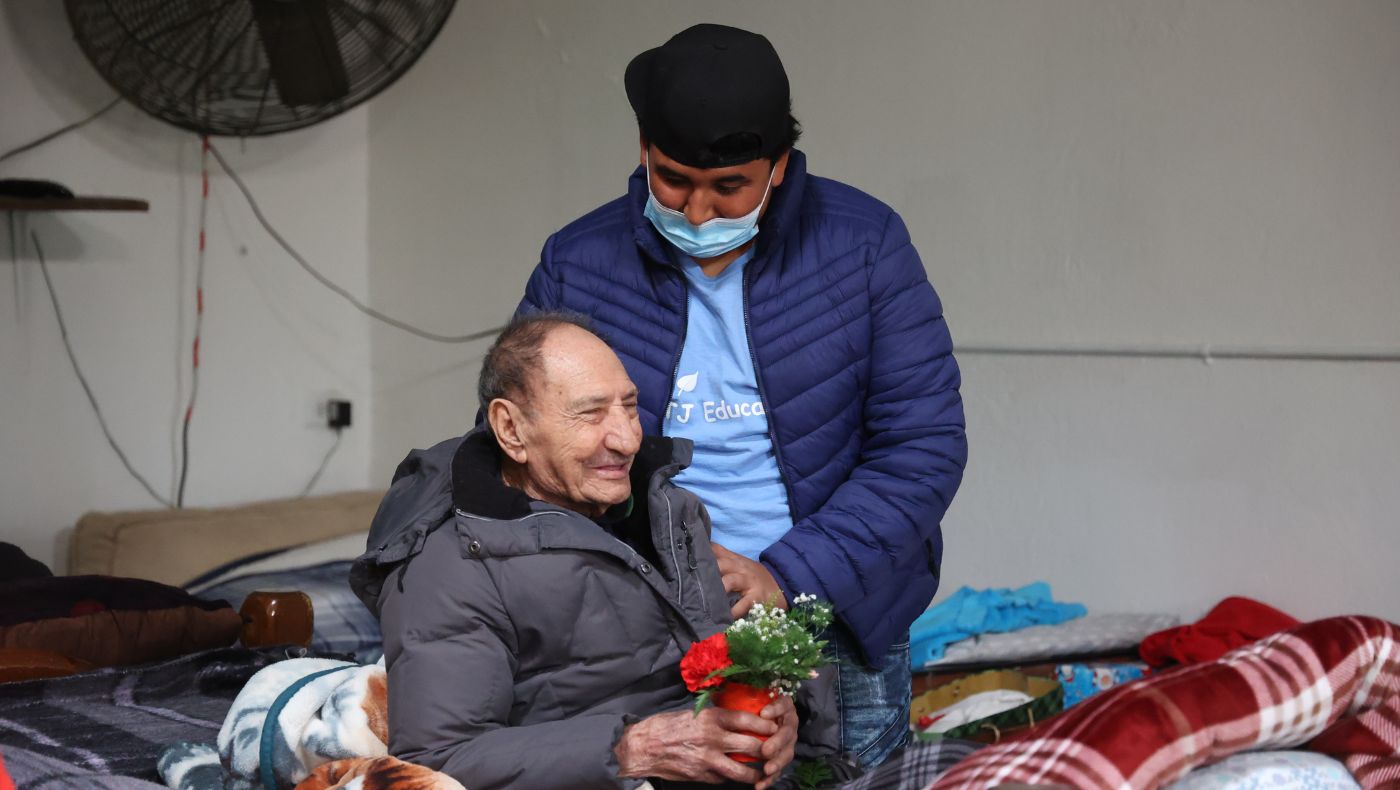
According to a quote from the Ceremonial Usages section of the ancient Chinese Book of Rituals, “When the great way prevails, the world is a commonwealth in which rulers are selected according to their wisdom and ability.
Confidence is promoted, and good neighborliness is cultivated. Hence, people do not regard parents only as their parents nor treat children only as their children. It’s assured that there are provisions for the aged till death, employment for the non-disabled, and means of growing up for the young, while the helpless widows and widowers, orphans and the lonely, as well as the sick and the disabled, are well cared for.” Yet, thousands of years after that passage was written and after the incredible material development of human society, such a vision has not yet been fully realized. Material resources have been abundant for all human beings, but the gap between the rich and the poor has become huge. In poor communities, there is still no support for the elderly and the young.
Many sociologists have already pointed out that the progress of civilization in human society begins with a person’s inability to work. Because they are unable to work, they need the help of others. The development of both workers’ rights and social security is partly due to the concern and protection of those who have lost their ability to work. Tzu Chi volunteers are committed to helping the disadvantaged and protecting lonely older adults and out-of-school children. This care ensures older adults can age with a colorful life, and the out-of-school children have access to schooling, giving them a bright future. Giving without fear is like saving all beings to save one’s heart; compassion and mercy are the Buddha’s light shining warmly on the world!
